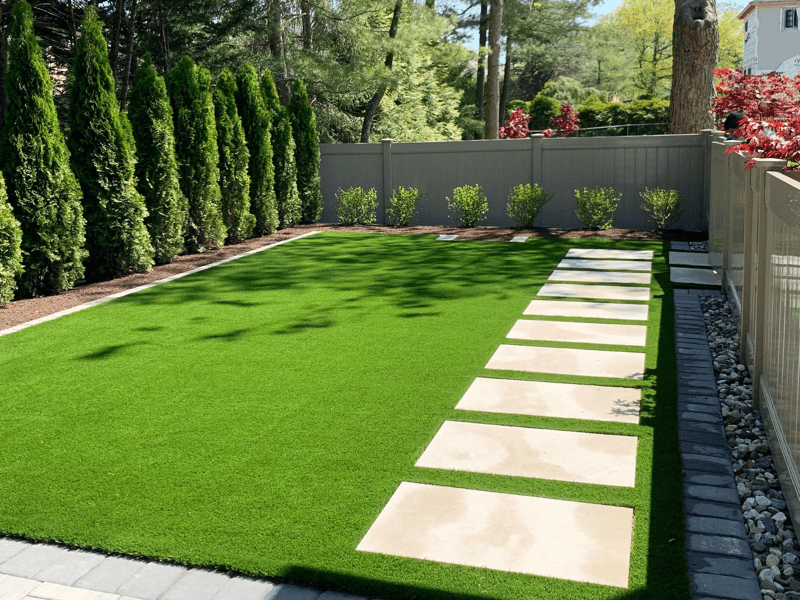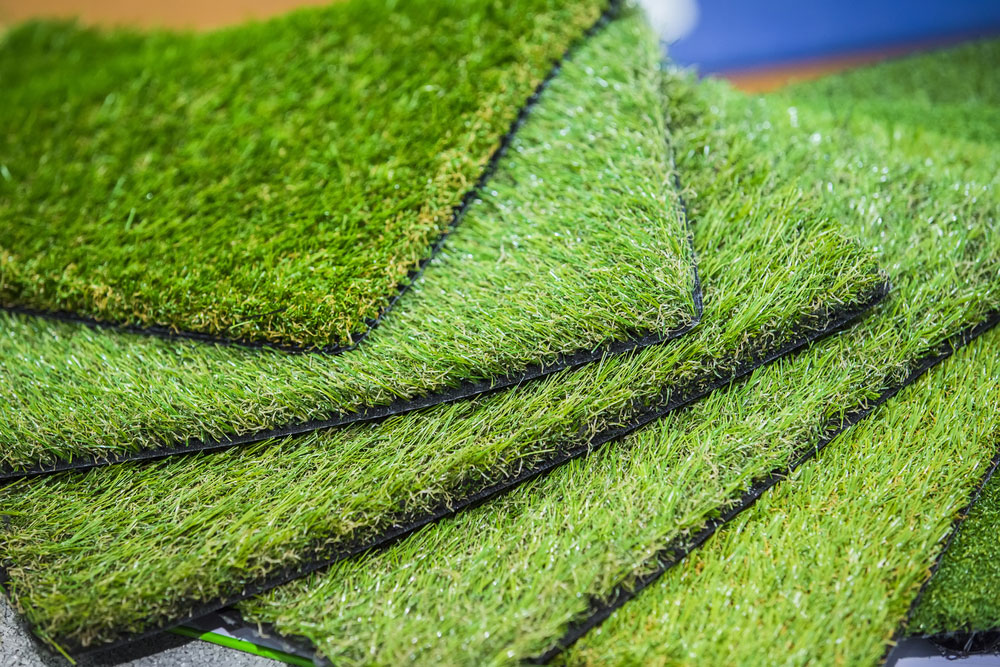Premium Arizona Turf Installation Solutions for Residences and Commercial Properties
Explore the Environmental Perks of Opting for Synthetic Grass Solutions
The fostering of synthetic grass options offers an engaging possibility to address pressing environmental difficulties. By dramatically reducing water usage and lessening the application of damaging chemicals, these choices not just promote sustainable landscaping but likewise secure regional ecological communities.
Water Conservation Benefits
One of the most considerable advantages of synthetic grass is its capability to save water. Standard turf lawns require substantial watering, specifically in areas prone to drought or water constraints. On the other hand, synthetic grass does not need watering, considerably reducing the total need for water resources. This feature is specifically beneficial in dry regions where water scarcity is a pushing worry.
By getting rid of the demand for routine watering, artificial grass adds to sustainable landscape techniques and helps alleviate the environmental effect of too much water consumption. In addition, the conservation of water prolongs to the decrease of runoff, which can cause dirt erosion and river air pollution.
Additionally, the installment of synthetic lawn permits homeowners and communities to allocate water resources much more effectively, concentrating on essential uses such as drinking water and agriculture. The shift towards synthetic grass not just promotes responsible water usage but likewise straightens with more comprehensive environmental goals aimed at protecting natural resources.
As neighborhoods increasingly prioritize sustainability, the water conservation benefits of synthetic grass provide a compelling situation for its adoption in domestic and industrial landscaping projects.
Decreased Chemical Usage
The transition to synthetic grass considerably reduces the reliance on chemical treatments commonly made use of in all-natural yard upkeep. Standard grass administration normally includes the application of herbicides, plant foods, and pesticides to advertise growth and control parasites. These chemicals can posture threats to human health and wellness, regional wildlife, and the setting, adding to soil and water contamination.
In comparison, synthetic grass gets rid of the need for these hazardous substances. As soon as set up, it requires marginal maintenance, mainly consisting of normal cleaning and infrequent infill replenishment. This decrease in chemical usage not just benefits the prompt atmosphere but additionally adds to broader eco-friendly stability. By minimizing the release of artificial compounds into the ecological community, artificial grass advertises healthier soil and water systems.
Furthermore, the lack of chemical runoff linked with artificial lawn installments helps secure neighborhood rivers from air pollution, sustaining aquatic life and maintaining biodiversity. Turf installation phoenix az. As areas increasingly prioritize sustainable practices, selecting synthetic grass presents a sensible service that lines up with environmental conservation goals. Through this shift, property owners can enjoy rich eco-friendly spaces without jeopardizing eco-friendly health and wellness, leading the way for an extra lasting future
Reduced Carbon Impact

Moreover, the installment of synthetic grass can result in significant water preservation. All-natural yards call for substantial quantities of water for watering, which not only includes in the carbon impact associated with water extraction and treatment yet additionally pressures neighborhood water sources. In comparison, synthetic grass needs minimal upkeep, requiring no watering, thereby considerably minimizing water usage and its connected this contact form energy prices.
In addition, the durability of fabricated grass contributes to its lower carbon effect. With a lifespan of up to 15 years or more, the requirement for constant replacements is decreased, leading to much less waste and reduced energy intake in manufacturing and throwing away typical lawn choices. Generally, synthetic grass provides a sustainable option for ecologically mindful landscape design.
Habitat Preservation
Environment conservation is an important factor to consider in the debate over landscape design choices, particularly when comparing fabricated lawn to natural lawn. Natural turf lawns frequently require comprehensive upkeep, including using herbicides, plant foods, and chemicals, which can negatively influence neighborhood communities. These chemicals can seep into the soil and waterways, hurting indigenous plants and fauna and interrupting regional environments.
Fabricated grass eliminates the need for damaging chemicals, consequently shielding neighboring wild animals and keeping the integrity of bordering environments. The installment of man-made grass can lead to the conversion of previous lawn locations right into more biodiverse landscapes, such as pollinator yards or indigenous plant areas, which can support neighborhood wild animals.
Inevitably, the transition to artificial turf not only conserves water and decreases maintenance efforts yet additionally promotes a much more harmonious connection between human tasks and the natural atmosphere, promoting habitat preservation at the same time.
Long-Term Sustainability
Lasting sustainability is a vital consider reviewing the advantages of fabricated grass over typical turf yards. Among the most substantial benefits of synthetic grass is its sturdiness; it can last as much as 15-20 years with very little upkeep, whereas all-natural turf requires frequent reseeding and replacement. This long life minimizes the need for continuous sources, such as water, fertilizers, and pesticides, which are crucial for preserving a healthy yard yard.
Additionally, artificial lawn adds to a reduction in carbon exhausts associated with yard care devices. Standard grass often call for gas-powered mowers, trimmers, and blowers, all of which add to air pollution. Artificial turf companies phoenix. On the other hand, synthetic lawn gets rid of the requirement for such devices, promoting a cleaner atmosphere
Moreover, the production of synthetic grass increasingly makes Check Out Your URL use of recycled materials, improving its sustainability profile. As suppliers embrace environment-friendly methods, the ecological impact of synthetic lawn remains to lessen.

Final Thought
The adoption of synthetic grass solutions provides substantial ecological advantages, including considerable water conservation, lowered reliance on unsafe chemicals, and a lower carbon footprint. Man-made grass aids in preserving natural environments by lessening land disturbance and advertising lasting sustainability via the use of resilient products. Collectively, these factors underscore the capacity of synthetic turf to add positively to environmental health and supply a practical alternative to typical landscape design practices in an increasingly resource-conscious world.
In contrast, man-made lawn does not require watering, considerably minimizing the overall need for water resources. By lessening the launch of artificial compounds right into the environment, fabricated lawn advertises much healthier soil and water systems.
Furthermore, the setup of artificial lawn can result in significant water conservation. In comparison, artificial lawn Homepage needs marginal maintenance, calling for no watering, therefore substantially decreasing water use and its associated energy prices.
